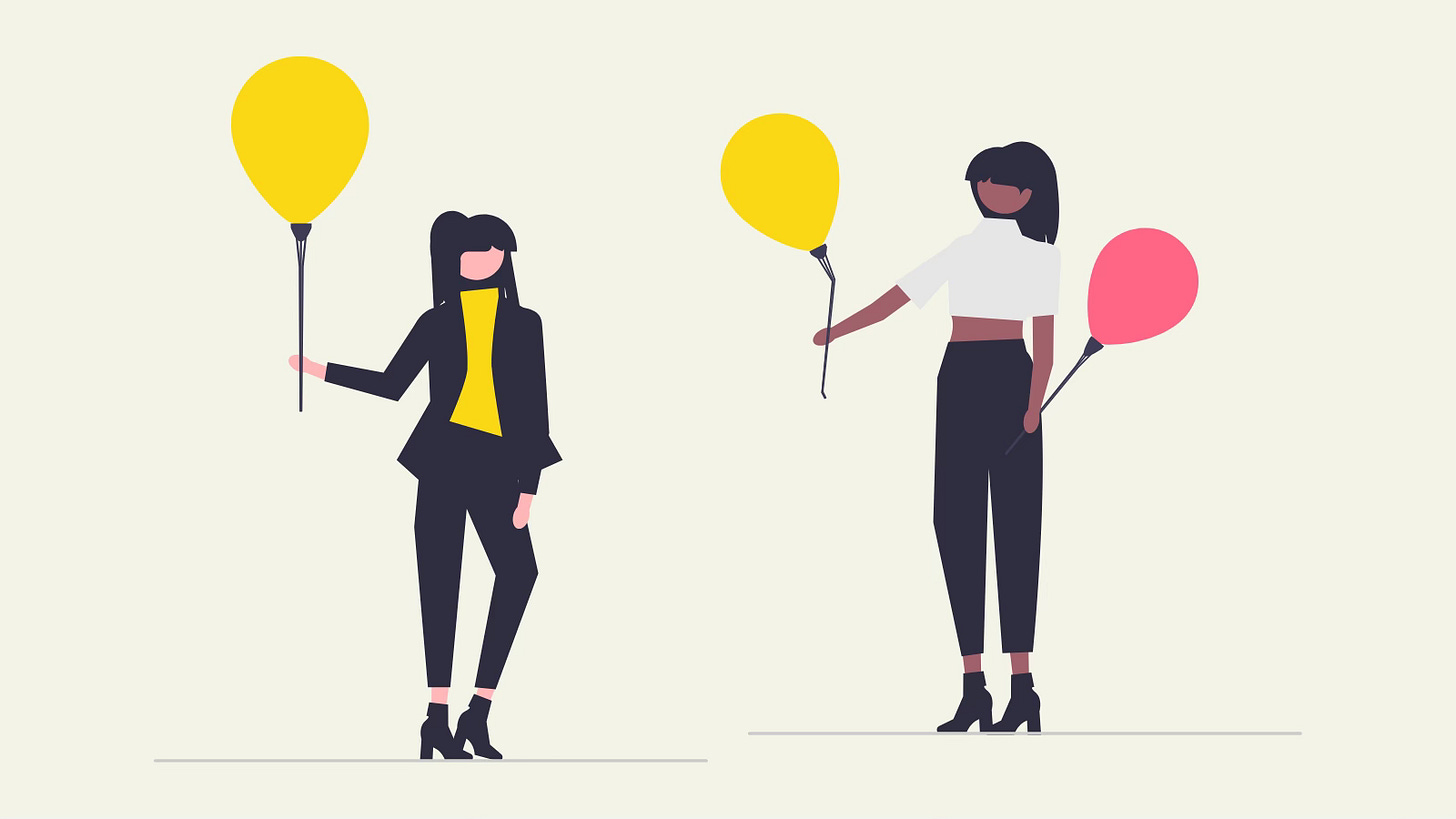Fairness and hope
A guest post by Dr SJ Beard, Research Affiliate at the Centre for the Study of Existential Risk and author of a new book, 'Existential Hope'
We live in an unfair world. We live in an unsafe world too. Poverty, disempowerment, forced migration, and exploitation exist at all levels of our society, and our planet. Meanwhile, we must contend with serious global risks, from AI to zoonotic diseases, with more being uncovered seemingly every day.
This combination can seem rather depressing, and at times it feels like we are being pulled in two directions at the same time. We should be accelerating our transition away from fossil fuels to mitigate some of the harm caused by climate change, for instance, but the policies for achieving this are costly, and often those costs are not distributed fairly across society.
Of course, if we drill a little deeper, we easily uncover how unfairness is a crucial driver of risk. From increasing our vulnerability to heat stress to directly triggering political destabilisation and societal collapse, unfairness directly endangers human lives and social stability.
But there are also deeper reasons why engaging with unfairness is vital if we want to build hope in our futures.
Among our moral concepts, none can match the immediacy of fairness. “It's not fair!” is the complaint of three-year-olds everywhere, while “being fair” can be politicians' justification for everything from redistributing wealth to restricting immigration.
Indeed, it is tempting to think that fairness doesn't really mean anything at all. However, at least from a philosophical perspective, that's not true.
Fairness is a word we use to appeal to the morality of comparisons and relationships. While most philosophers and economists focus on the condition of individual people, such as whether their rights are respected or their well-being is high or low, fairness concerns whether we are doing better or worse than one another, whether we are getting what we deserve, or whether we can fully participate in society.
When the philosopher John Rawls argued that ‘Justice is Fairness’, he was charging people with neglecting these social considerations in public ethics and their politics. Yet, these are very often the things that matter to us the most at a personal level, as our attraction to the idea of fairness attests.
The problem is that, in individualistic societies, we keep on reducing what is fair to what is 'fair to me’. No matter how good your life is, if you want to, you can always complain that there is someone better off than you, something you didn't get that you deserved, or some other way that ‘you’ are being treated unfairly. And everyone else can do the same. Such complaints use the languauge of fairness, but they miss its core meaning.
To really work out how to make the world fairer, we need to get beyond such thinking.
Fairness is about us. It is about taking the bigger picture of society, how it operates, and where it fails. By getting us to think about the relationships between people, fairness opens us to a more systemic view of morality, one that can actually engage with the systemic challenges that threaten our collective future.
One of the things that we learn when we do this is that it is generally the same forces that endanger the lives of some people in the here and now that are also endangering the lives of all of us in the future. A harmful commitment to unsustainable economic growth, unethical investment, and irresponsible research and innovation runs deep in our society (while their opposites sound niche and unusual), but this is not inevitable.
Fairness also challenges us to think about the long-term consequences of our actions. Because, even when we are no longer around, our relationship with the future, our legacy, persists. We currently live in the shadow of centuries of one-sided colonial exploitation. A lot of us wish that this wasn't the world we were born into, and some try pretending that it isn't, but we cannot opt out of this legacy, and so we should not opt out of our responsibility to future generations either.
Because building hope in the face of risk and unfairness is not about trying to convince yourself that everything is bound to turn out all right. There is no hope in such self-deception. Real hope comes from discovering how you can be a positive agent of change towards the futures you cherish. Not the only agent of change, but one part of a diverse human system of change makers.
Fairness is a simple idea that can shift our perspective towards making such discoveries. By prompting us to understand our responsibilities in relational terms, it doesn't have to be just another obligation that we struggle to fulfil. It can challenge our individualistic and reductionist mindsets, and open us to the complex moral systems in which these obligations exist, where success arises from working together.
Dr SJ Beard is a Research Affiliate at the University of Cambridge's Centre for the Study of Existential Risk. Their new book, Existential Hope: Facing Our Future When the Signs Look Bad, is published this week by Polity.



